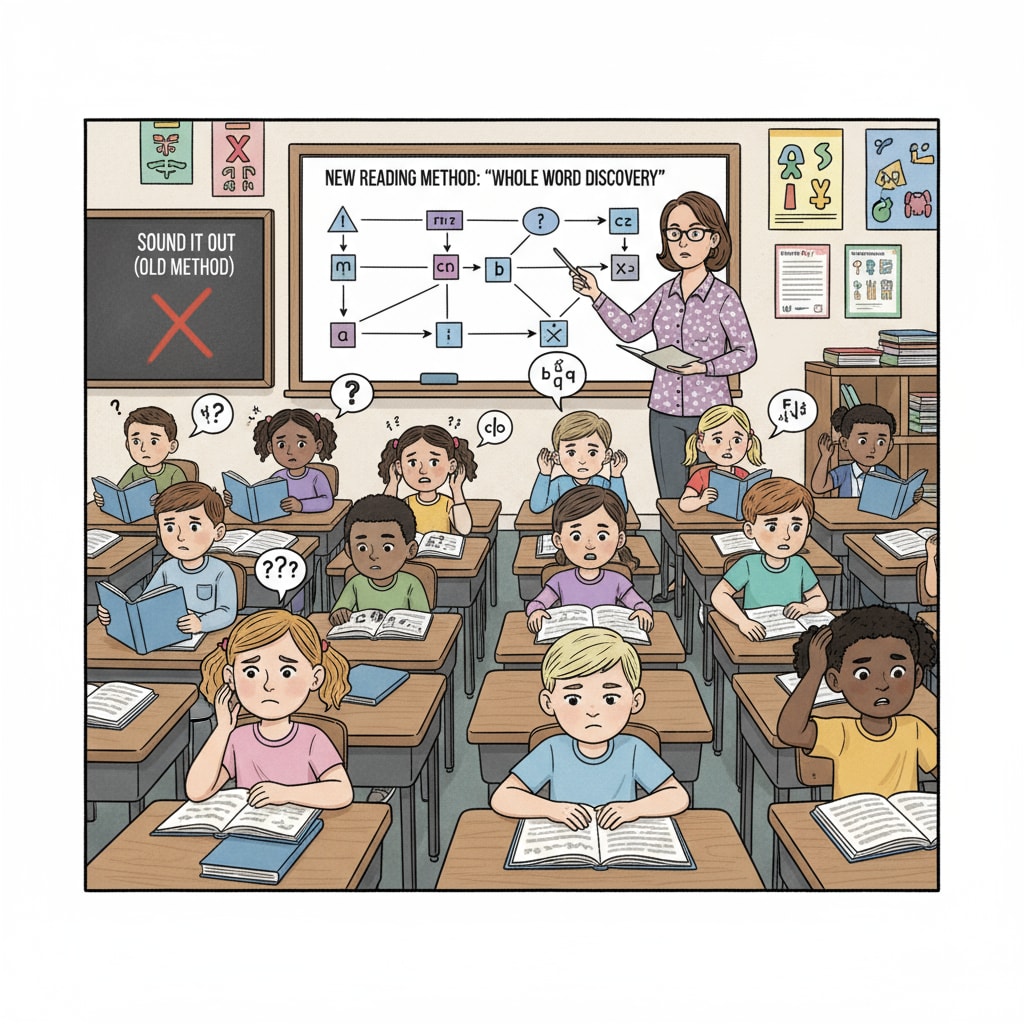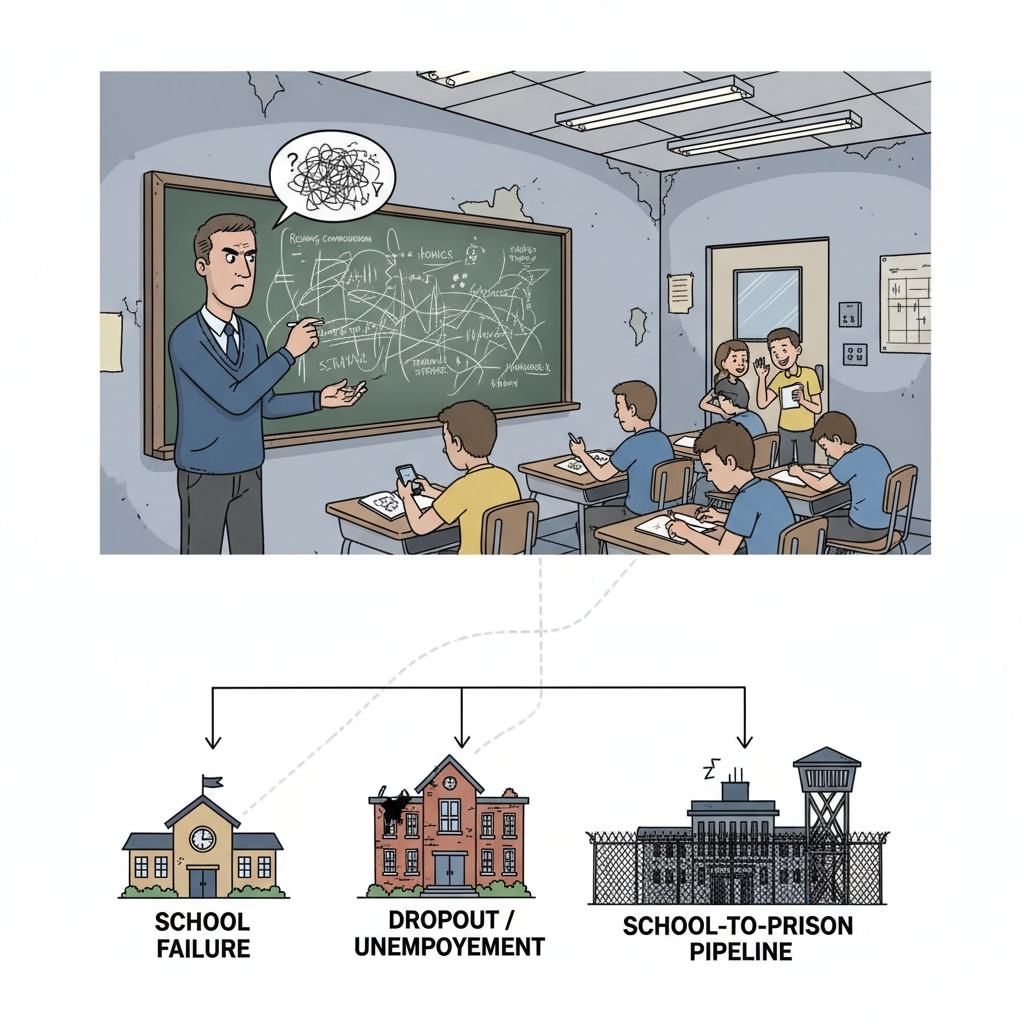The “Sold a Story” podcast has brought to light a concerning connection between controversial reading teaching methods and the school-to-prison pipeline. This revelation forces us to question the very foundation of our educational system and its unintended consequences.

When a significant number of states permit teaching approaches that actually impede children from acquiring basic literacy skills, it becomes clear that we are facing a reading crisis with far-reaching implications.
The Flawed Reading Pedagogy
The reading teaching methods in question are not only failing to equip students with the necessary reading skills but also setting them up for a series of challenges down the road. For example, the lack of emphasis on phonics, a fundamental aspect of learning to read, has left many students struggling to decode words. As a result, they fall behind in their academic progress. According to Reading education in the United States on Wikipedia, proper phonics instruction is crucial for early literacy development. However, these controversial teaching methods often overlook this essential element.

The School-to-Prison Pipeline Connection
The implications of these ineffective reading teaching methods extend beyond the classroom. Students who struggle with reading are more likely to become disengaged from school. This disengagement can lead to behavioral problems, truancy, and ultimately, involvement with the criminal justice system. The school-to-prison pipeline, as described in School-to-Prison Pipeline on Britannica, is a real phenomenon where educational failures contribute to the likelihood of a child entering the criminal justice system. When students are not given the tools to succeed in reading, they are more at risk of being pushed into this unfortunate cycle.
In addition, students who lack basic reading skills may find it difficult to access educational and career opportunities later in life. This limited access can further marginalize them, increasing the chances of their involvement in illegal activities out of desperation. The cycle continues, perpetuating social inequality and the cycle of crime.
Readability guidance: The key points here are the flawed reading pedagogy and its connection to the school-to-prison pipeline. We’ve used short paragraphs to clearly convey these ideas and included relevant external links for further information. Transition words like “however”, “for example”, and “in addition” have been used to make the flow of the article more natural.


